Comenius Fellows
The Comenius grants enable teaching staff in the Netherlands to put their ideas about how to innovate education into practice. The Dutch government aims to contribute to more widely varied careers for teaching staff and researchers in universities and universities of applied sciences by openly recognising excellent and inspired teaching.
There are three types of Comenius grants for teaching staff depending on their experience:
- Teaching Fellow (> 2 years of experience);
- Senior Fellow (> 5 years of experience, one application per faculty);
- Leadership Fellow (> 7 years of experience, one application per institution).
Comenius Teaching Fellows 2024
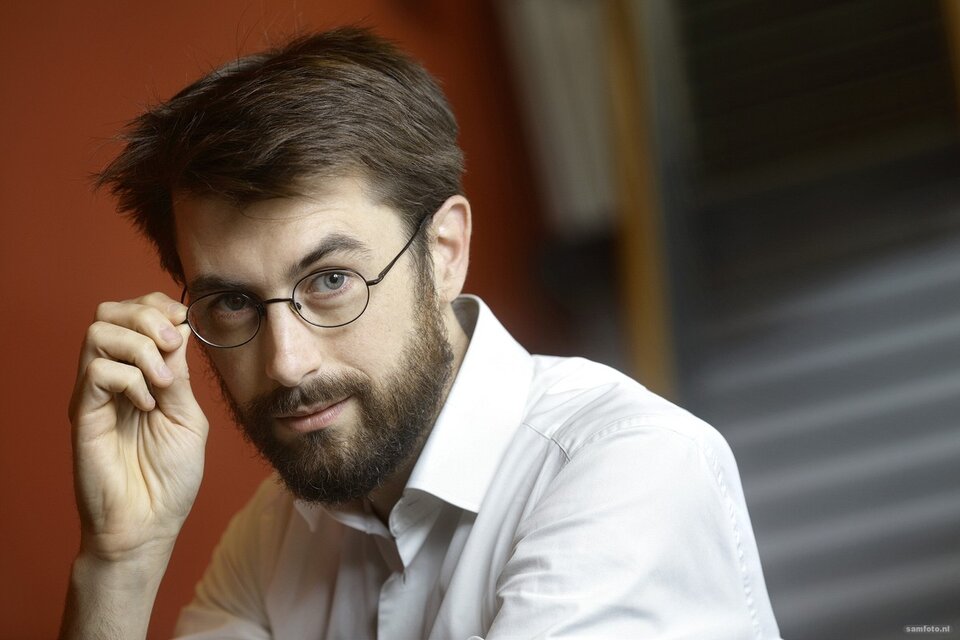
Bob van Vliet - Mechanical Engineering
Design Reports: From Telling a Story to Constructing an Argument
The aim of my project is to better support students in writing design reports. Students tend to present the results of a design project by chronologically telling the story of all the steps in their project. But designing is a cyclical and sometimes chaotic process, so this leads to poorly structured and unconvincing reports. There is no textbook or generally accepted standard for how to structure design documentation, however. So, based on interviews with experienced engineers and designers, I will develop a teaching tool that clarifies to students how these experts structure their arguments in support of a design proposal. (nro.nl, Comenius Programma)
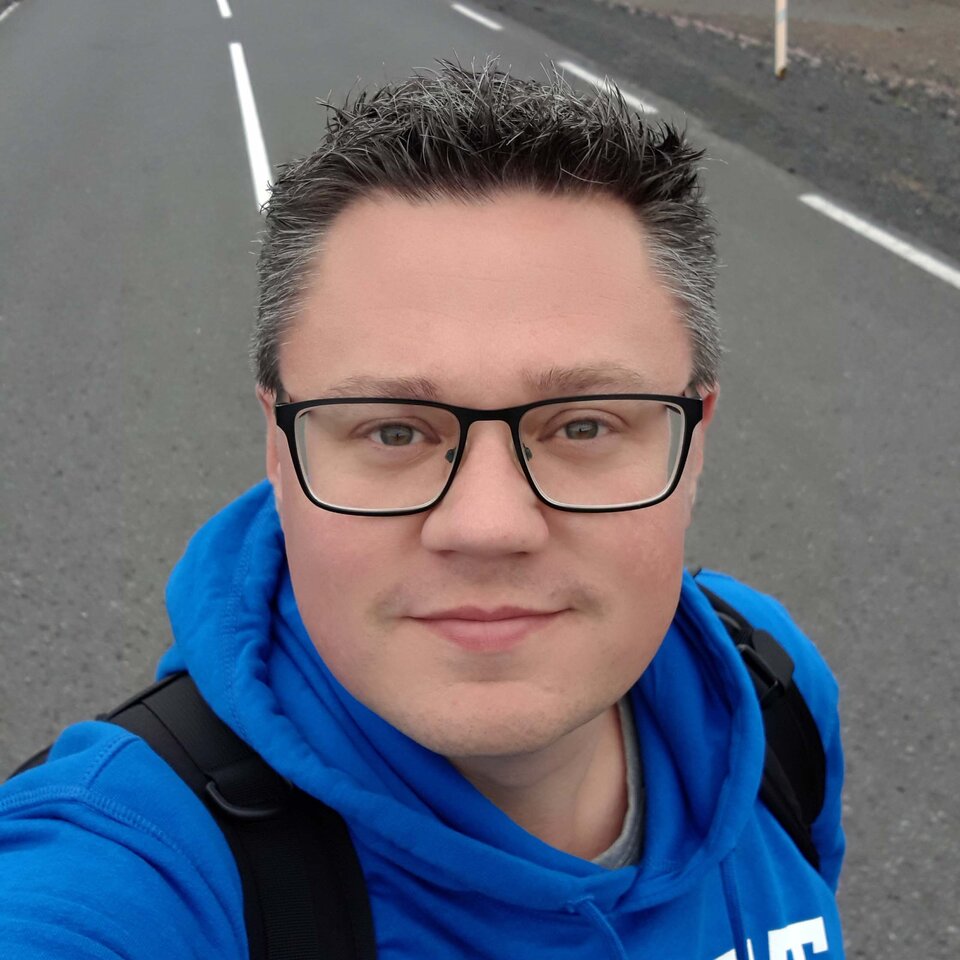
Sebastiaan de Vet - Aerospace Engineering
From orbit to outcrop: teaching planetary science using hands-on material analogues
In planetary science we study planets and moons using advanced satellite missions that explore the solar system. While our engineers are not trained as geologists, they need some expert knowledge about the operational environment of planetary missions. In this project with will develop an innovative ‘planetary’ rock collection containing comparable materials. This will bring students in direct contact with the types of materials that we observe using satellites or study up close with landed missions. Our approach will augment their learning processes and helps convey the urgency of understanding the environment for which we design space missions and instruments. (nro.nl, Comenius Programma)
Comenius Senior Fellow 2024
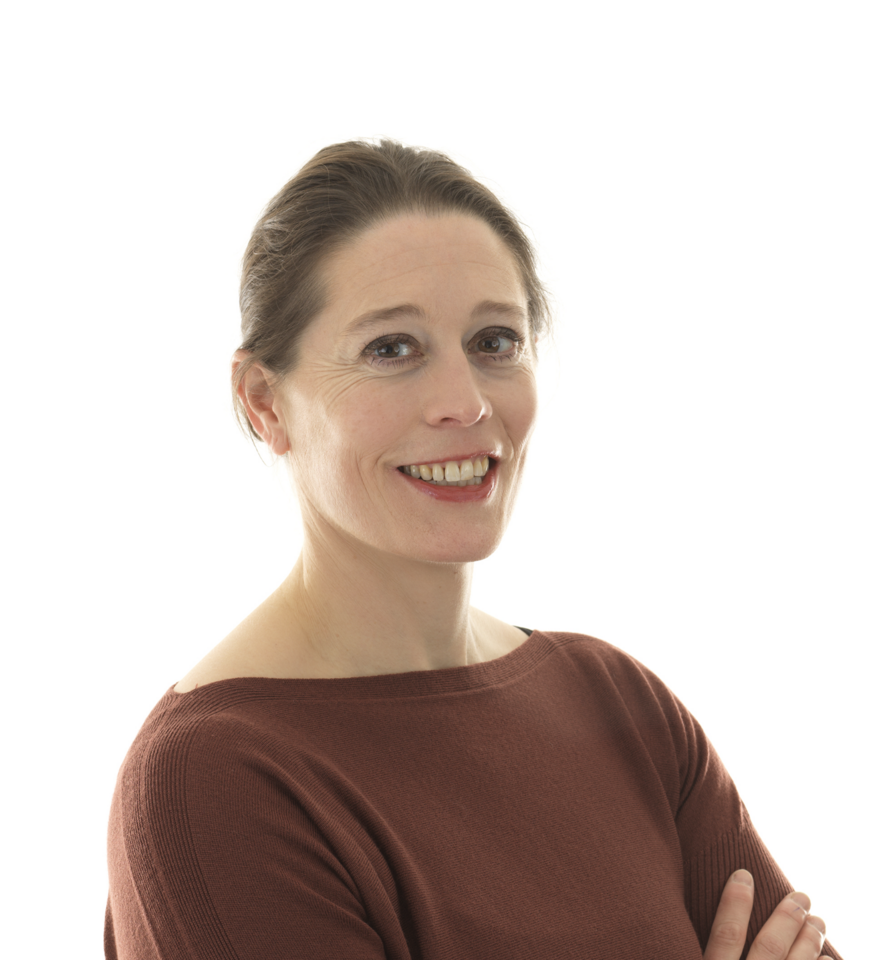
Pleun Hermsen - Mechanical Engineering
Perspective Agility for Navigating Diversity, Collaboration and Conflict in order to advance Equity and Inclusion.
To learn how to relate to the complex problems of the current society, it is important for engineering students to understand, accept and appreciate differences between people and viewpoints. This “Perspective Agility” is an important skill in general, but is particularly crucial for Diversity, Equity and Inclusion (DEI). This innovation includes workshops, serious games, a VR-experience and support for teachers. Together, it teaches engineering students and teachers to understand their own perspective, tolerate and comprehend divergent perspectives and constructively utilize them in collaboration and conflicts, and for the benefit of DEI. (nro.nl, Comenius Programma)
Comenius Teaching Fellows 2023
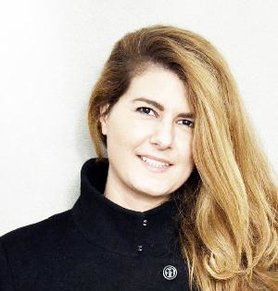
Laura Cipriani - Architecture & Build Environment
Climate change as a game. (Co)designing with children the landscape of the future.
Today’s new generations, and in particular children and young people, will face consistent landscape changes during their existence. Can we create consciousness in young generations of how climate change will modify landscapes and cities? Can we involve children and young people in co-designing the landscape considering climate change? Starting from exploring different forms of games, this design course aims to educate and engage younger generations in climate change issues. Students will involve children in co-designing the landscape of the future through material and role games. Connecting tertiary with primary education will be the main pedagogical and didactical innovation. (nro.nl, Comenius Programma)
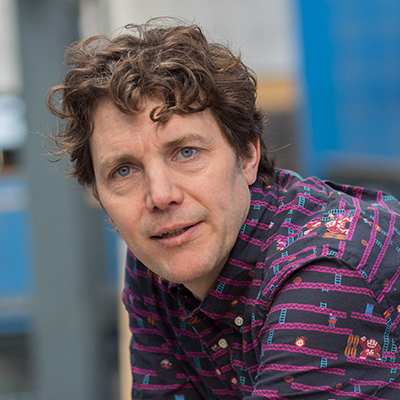
Ianus Keller - Industrial Design Engineering
Understanding Design as a Remix: using an interactive collaborative layer on an exhibition to take off creative blinders
To be truly creative requires one to actively deal with sources of inspiration. With our interactive exhibition “Understanding Design as a Remix” we give design students and visitors of our faculty of Industrial Design Engineering a way to link their associations to designed objects hailing from our historical collection. The visualizations of and discussions around these associations are used in the course Understanding Design to start a conversation on the role and value of sources of inspiration. (nro.nl, Comenius Programma)
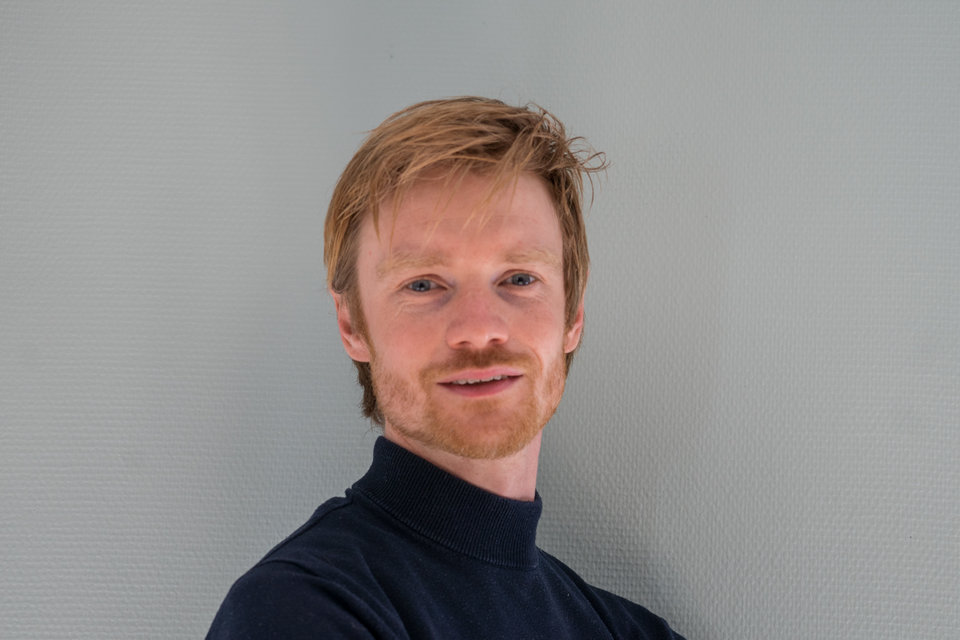
Cees Haringa - Applied Sciences
More than just modelling and programming: educating engineers that excel in a digital workspace and society
Modelling- and programming skills are highly relevant for engineers. But while current engineering studies cover the technical skills, there is little attention for digital collaboration, data- and software management, and responsible and ethical application. These skills are introduced in modelling education through a collaborative, project-based approach in a realistic model development environment. A new approach to monitoring and evaluating individual student progress is developed, based on data that can be acquired from the model development environment. With this project, engineers develop the competencies needed to excel and to lead in a rapidly digitizing work environment. (nro.nl, Comenius Programma)
Comenius Teaching Fellow 2022
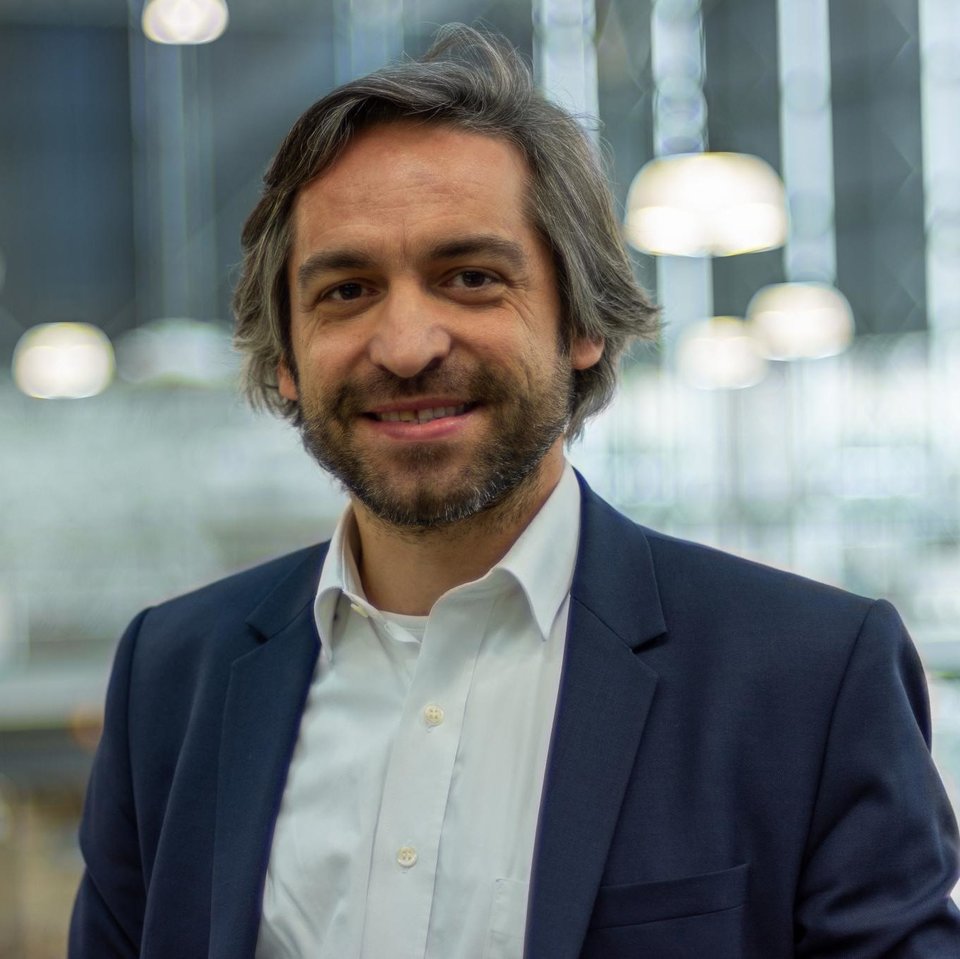
Nelson Mota - Architecture & Build Environment
Housing as Healthcare: Mapping the correlation between housing design, microbiodiversity and health in The Hague
The project is about the importance of biodiversity for public health, which is widely acknowledged. However, few people are aware of how much housing design decisions influence the interaction between humans, non-humans and the diversity of microorganisms that populate our living environment. To overcome this knowledge gap, this project engages architecture and (bio-)medicine teachers and students in a transdisciplinary collaboration and cocreation process. Together they will study residential neighbourhoods in The Hague, developing a pioneering combination of environmental microbiome research with ethnographic research and spatial analysis. The outcome of this project will support the development of innovative Microbiome-inspired housing approaches to improve health and well-being. (nro.nl, Comenius Programma)
Comenius Teaching Fellows 2021

Pleun Hermsen - Mechanical Engineering
A ludodidactic solution for more personalised graduation counseling of future engineers
The Teaching Fellowship grant gives me room to implement and experiment with personal supervision that is focused on the graduation process rather than the content. to make a start to educate reflective engineers. In co-creation with 'Robotics' students and with the help of game designers from the HKU, I will develop a Serious Game according to the Design Thinking methodology that can be used for supervision, peer review and reflection during the graduation process. With this form of education, based on ludo didactics, I want students to increase their learning results of the graduation phase. During the game, students' personal or graduation issues are addressed in such a way that conscious learning occurs from their own experiences and those of fellow students. The graduation students and the graduation supervisor play the game together so that supervision, intervision and reflection take place both from the graduation supervisor and peer-to-peer. With qualitative research we look at the effect of this intervention. Process supervision is labor intensive and requires good coaching or interviewing skills. By designing the game in such a way that the lecturer does not need to train on those skills, large-scale use is feasible if the experiment is successful. I hopes to encourage lecturers at other study programs to use this form of education by making the design process and design choices transparent and freely share them.
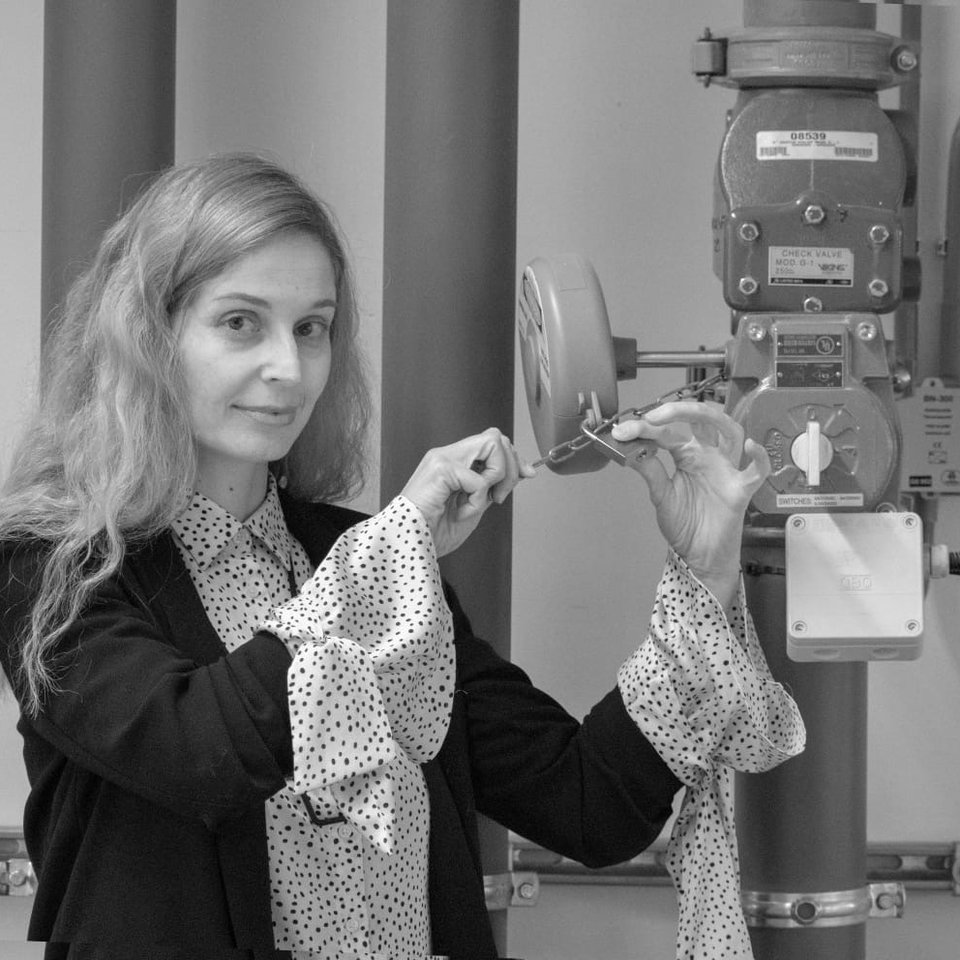
Angeliki Sioli - Architecture & the Built Environment
The Space of Words: Modeling Spatial Atmospheres from Language
I have received my Teaching Fellowship grant for the pedagogical project ‘The Space of Words: Modeling Spatial Atmospheres through Language’ a pedagogical project addressing a new topic of architectural education: modeling atmospheres of space through the use of written and oral language. The project will be piloted in the studio-course ‘MSc1: Ways of Doing’ (AR1MET011) and target an important pedagogical problem of the beginning stages of master-level education. It will address the significant difficulties for productive and creative collaboration among first year students, caused by their notably diverse educational and cultural backgrounds. To this end, the project will capitalize on two capacities that the freshmen already have in common: the social willingness to express themselves through language and the ability to sense how different atmospheres of space affect their experiences and emotions. Based on recent findings in neuroscience—proving that language and imagination work collaboratively in the brain—‘The Space of Words’ innovates in engaging language for a new purpose: that of imagining spatial atmospheres. While language is present in architectural education it is hardly explored as an element for imagination. Thus, ‘The Space of Words’ will advance the next generation of architect’s understanding of spatial atmospheres, through the use of language as a critical parameter of imagination.
Comenius Senior Fellow 2021
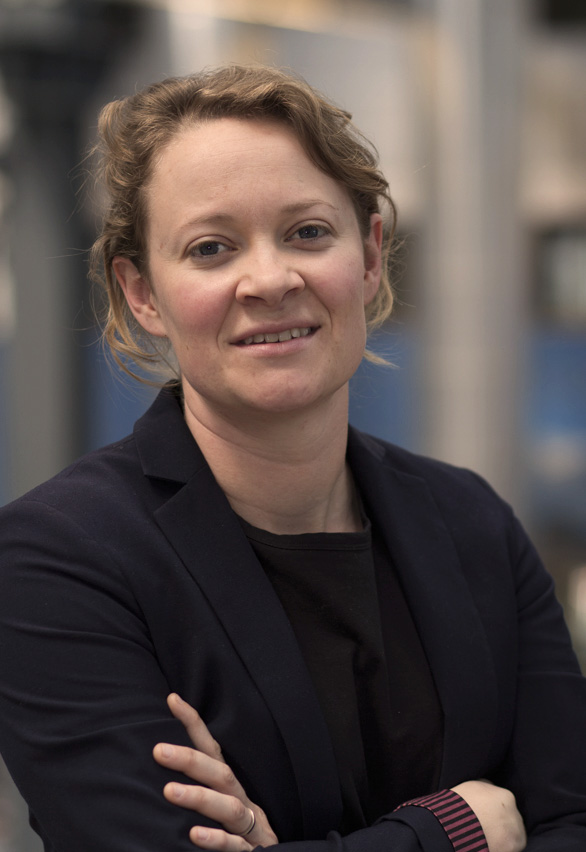
Rebecca Price - Industrial Design Engineering
Forging resilient designers
I see increasing interest among Industrial Design Engineering (IDE) students to tackle ‘big picture’ problems that carry considerable complexity. However, the pressure they put on themselves to perform in their graduations means that their projects can quickly overwhelm them, with detriment to their learning and well-being. We tend to celebrate the resilience of the systems we design, but forget about the resilience of the designer who thought of, and realised these breakthroughs in the first instance. They imagined the world in a new way and that is not easy nor comfortable. With my Senior Fellowship grant, IDE colleague, Dr. Mieke van der Bijl-Brouwer and I aim to equip graduation students with the capacity to negotiate inherent complexities faced when tackling systemic problems. Design resilience is for now defined as the way a designer ‘bounces back’ from setbacks and criticism and negotiates uncertainty. The Senior Comenius project will approach the development of designer resilience in a student-centric way, identifying and defining designer resilience, and developing designer resilience pedagogical tools through co-design workshop with students, student guilds and lecturers. Finally, designer resilience will be integrated into the newly revised Master of Science program at the Faculty of Industrial Design Engineering to ensure long lasting benefits to future design graduates.
Comenius Teaching Fellows 2020
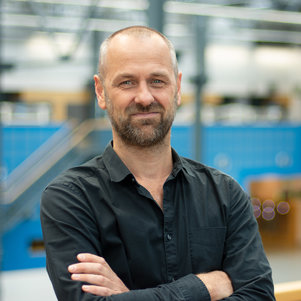
Bas Flipsen - Industrial Design Engineering
Handle with care. Shaping multi diverse design teams
The number of foreign students in the Interactive Product Design Master programme has increased considerably. The preparatory training and level of knowledge have also become more diverse. Delft University of Technology wants to give students a practical foundation for dealing with individual differences in international design teams and innovative design projects through Theory U. To this end, the university is developing educational materials and a coaching trajectory. There are three instruments to measure the effectiveness of this approach: Scorion (beforehand), the Performance Dashboard (during the project) and individual and group reflections (retrospectively).
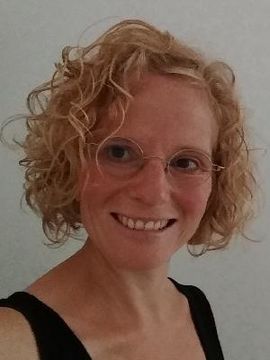
Petra Diesfeldt - Architecture & the Built Environment
Bouwflix, a video platform 'under construction'
Teachers, students and professionals in building practice are experiencing a disconnect between the architect at the office and the specialist on the building site. Bouwflix, an online platform with time-lapse videos of building projects and videos of production processes in factories, aims to bring the practical experience to the student. Students in their first and second years can use Bouwflix during lectures, when performing analyses and when studying for exams. Bouwflix also offers a platform for the activities of Master’s students in building technology.
Comenius Teaching Fellow 2019
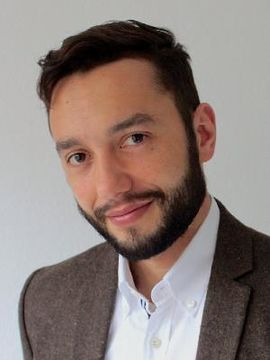
Igor Pessôa - Architecture & the Built Environment
Bridging DOCS. Bridging digital and on-campus students
Het onderwijs op de campus van de TU Delft blijft soms achter bij de internationale onlinecursussen. Het Bridging DOCS-project wil beide groepen studenten met elkaar verbinden. Een Bouwkunde-platform voor eerstejaarsstudenten van de masteropleiding Methodology for Urbanism AR2U088 en deelnemers van de open onlinecursus MOOC Rethink the City moet de integratie vormgeven. De onlinecasestudies en de -discussies zullen het debat op de campus verbreden, de diversiteit vergroten en een kritisch internationaal perspectief bevorderen.
Comenius Teaching Fellow 2018
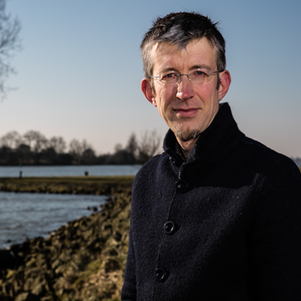
Hemmo Abels - Civil Engineering & Geosciences
Offering students world-class education in geoscience fieldwork
Veldwerk doen is een essentieel onderdeel van de opleiding geowetenschappen. Tot nu toe werd dat veldwerk met gewoon, ‘analoog’ gereedschap gedaan. In een nieuwe opzet wil de Faculteit Civiele Techniek en Geowetenschappen van de Technische Universiteit Delft analoge en digitale middelen in het veldwerk combineren. Er komt een online database en discussieplatform waar studenten hun eigen bevindingen kunnen delen en bespreken met docenten en andere studenten.
Comenius Senior Fellow 2018
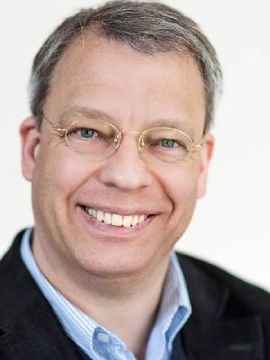
C. R. Kleijn - Applied Sciences
Design engineering for physicists – a maker education approach
De TU Delft maakt voor natuurkundestudenten ontwerpen (van fysische experimenten en apparaten) expliciet onderdeel van het curriculum, gebaseerd op de Maker Education filosofie. De studenten leren zo gebruik te maken van nieuwe technologieën, zoals 3D-printing , of lasersnijden, en krijgen ontwerponderwijs dat aansluit bij de hedendaagse hightech-beroepspraktijk.